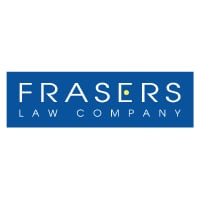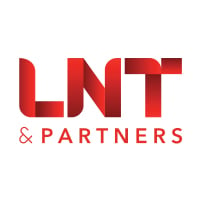

Acting head of legal | SEA Logistic Partners





Quang Le
Acting head of legal | SEA Logistic Partners
Team size: Four
What are the most significant cases or transactions that you have been involved in over the past year?
In recent years, I have managed several high-profile cases, including multi-hundred-million syndication facilities and M&A transactions. These deals involved complex transactional structures and required addressing intricate legal issues. My role included comprehensive due diligence, negotiating terms, and ensuring regulatory compliance, ultimately contributing to the successful closure of these sophisticated transactions.
Based on your experience, what is the key to collaborating successfully with business partners?
As lawyers, our primary focus is typically on the risks associated with business activities. However, I believe the key to successful business operations lies in maintaining a balanced mindset. Risks and opportunities are intrinsically linked; thus, without managing risks effectively, we cannot capitalise on business opportunities. In other words, in-house lawyers act as gatekeepers. On one hand, we hold the key to allowing manageable risks and opportunities to pass through the gate; on the other hand, we prevent unmanageable risks from entering or mitigate them into manageable ones. By adopting a solution-oriented approach, we not only identify and assess risks but also provide actionable strategies that convert potential challenges into opportunities. This empowers both our business partners and us to drive forward with confidence and achieve mutual success.
Apart from legal matters, has the team worked on other company initiatives you would like to highlight?
One significant advantage of being an in-house lawyer is the opportunity to engage with and contribute to various aspects of the business beyond traditional legal matters. I do not confine myself and my team to the legal sphere; rather, I always encourage us to take broader ownership of the business as a whole. This approach lays the foundation for initiatives that drive growth. Given our involvement in all key business operations, from managing constitutional documents and contracts to crafting policies, we have access to critical information and can identify both strengths and weaknesses within the business. By leveraging this central information hub, we can devise solutions that enhance overall business performance. For instance, my team has been instrumental in structuring group entities, which not only optimises legal compliance (such as licensing) but also improves the bankability of projects and facilitates the sales process.
Are the effects of AI on the legal world overplayed, or underplayed?
AI is an inevitable development in the modern world. The question is not how to avoid its impact, but how to leverage AI effectively. What differentiates AI users is their ability to use AI to optimise work and improve efficiency. It’s not about how AI works; it’s about how people utilise AI. In the legal field, the same principle applies. With a single platform, a lawyer with an innovative, out-of-the-box mindset can find ways to increase productivity, while a lawyer with a conservative approach may not find it helpful and may even experience a slowdown in their processes.
Director - head of legal | SLP Vietnam